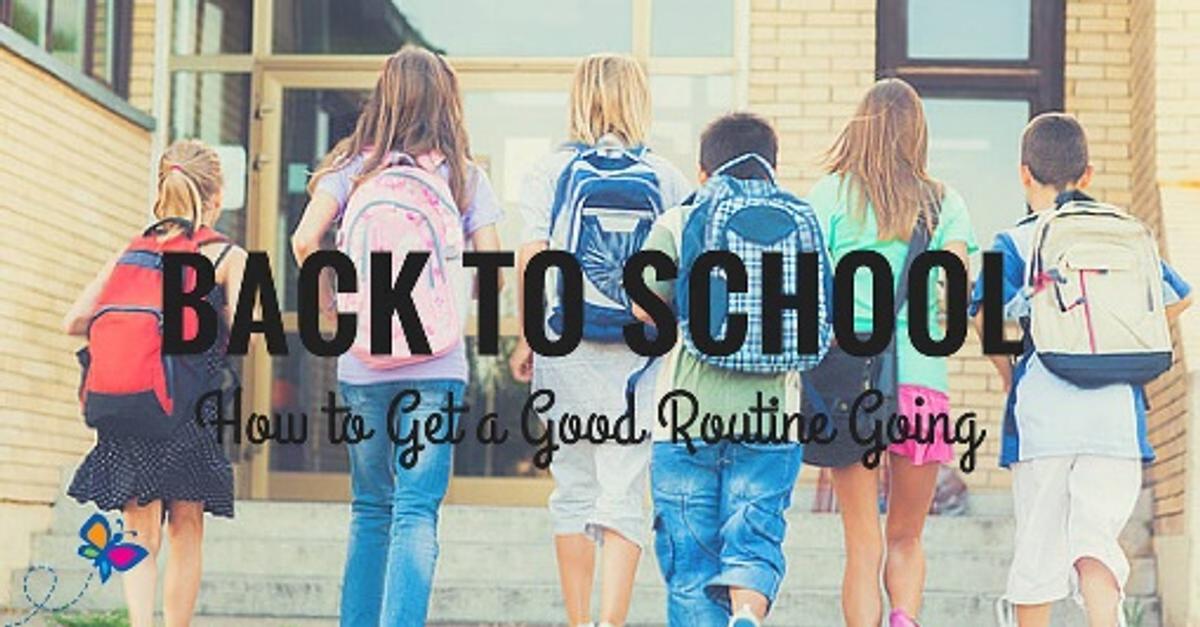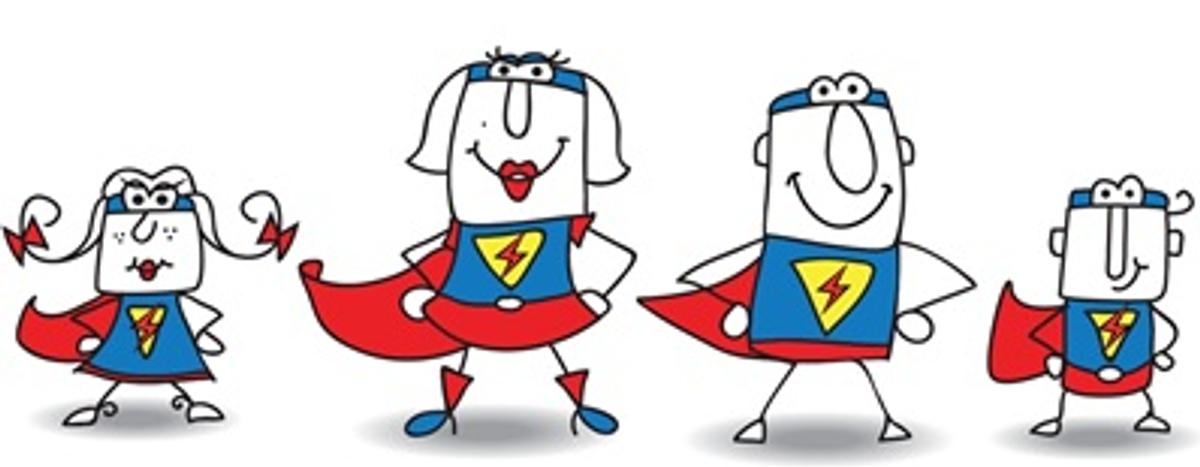Wellbeing Report

Welcome back, everyone! We hope you had a wonderful holiday break and enjoyed some time to rest, relax, and recharge. As we begin a brand-new term, it’s a great time to help children ease back into school routines and set them up for a positive, successful start.
Getting Back into Routine
After holidays, it can take a little while for children (and parents!) to get back into the rhythm of school life. A consistent routine helps children feel safe, organised, and ready to learn. Try setting up:
- Regular bedtimes and wake-up times – a good night’s sleep makes mornings smoother and helps with focus at school.
- A morning routine – include time for breakfast, getting dressed, packing bags, and leaving the house calmly.
- A predictable after-school routine – such as snack, play, reading, and downtime before bed.
Coping with Separation Anxiety
It’s very normal for some children (and parents) to feel a bit wobbly about saying goodbye in the mornings, especially after a break. A few ideas that can help:
- Keep drop-offs calm and positive, even if your child feels upset.
- Develop a short and consistent goodbye routine, like a special hug or phrase.
- Reassure your child that you’ll be back at the end of the day - and make sure you’re on time when picking them up to build trust.
- Speak positively about school and the fun things your child will do during the day.
Getting to School on Time
Arriving on time each day helps children feel settled and ready to learn. The first few minutes of the day are important for connecting with friends, hearing instructions, and getting into a positive learning mindset. Being late can leave children feeling flustered or left out - so establishing morning routines now makes a big difference!
Helpful Resources
If you’re finding the back-to-school transition tricky, you’re not alone. These simple resources can help:
- Raising Children Network – www.raisingchildren.net.au offers practical parenting tips and routines for school mornings.
- Kids Helpline Parents Line – 1300 130 052 for free support and advice.
Let’s work together to make this term one filled with learning, laughter, and confidence!
SUPER
STRENGTHS
At Lyndhurst Primary School, we are committed to supporting our students in developing positive character strengths that help them thrive both at school and in life. This fortnight, we are focusing on the Super Strength HONESTY.
Honesty is being truthful in what we say and do, even when it might be hard. Honesty builds trust in friendships, strengthens relationships, and helps children develop a strong sense of integrity.
Being honest doesn’t just mean telling the truth - it’s also about being genuine, taking responsibility for our actions, and doing the right thing even when no one is watching.
Children who learn to value honesty are more confident and dependable, and they’re better able to make positive choices as they grow.
How parents can help children build honesty:
- Model it: Children learn most from what they see. Let your child see you being honest - even about small things like admitting a mistake or explaining why you can’t do something.
- Praise truth-telling: When your child tells the truth, especially in a tricky situation, acknowledge their courage and reinforce that honesty is valued in your family.
- Talk about honesty: Use books, movies, or real-life situations to start conversations about why being honest matters and how it affects others.
- Create a safe space: Children are more likely to be truthful when they know they won’t be punished harshly for being honest. Encourage openness and problem-solving together.
- Encourage responsibility: Help your child take ownership of their actions - this builds both honesty and accountability.
When we work together - at school and at home - we help our children see that being honest is not just about “telling the truth,” but about becoming trustworthy, kind, and respectful people.



